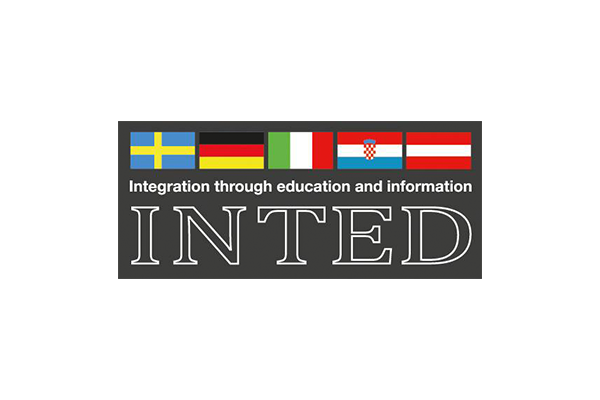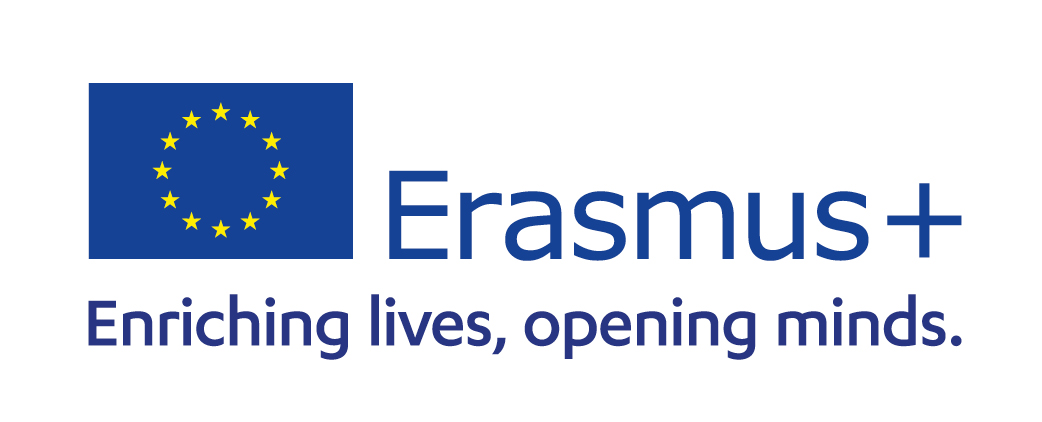

Erasmus+, KA2

The project INTED, wants to improve the work amongst refugees/immigrants in the different partnership countries with the aim to get a faster, efficient and more rational integration process.
To make it possible for immigrants, it is necessary to facilitate their step into the educational system and the labor market if they improve their basic language skills and also the knowledge about their new countries cultural and civic system.
The project’s objective is to create a more efficient integration process through:
First training
Pforzheim (DE)
6/10 February 2017
Second training
Linköping (SE)
8/12 May 2017
Third training
Zagreb (HR)
13/17 November 2017
Final Event
Val d’Enza (IT)
12/16 March 2018
There will be seven meetings during the project and four of them are learning and training activities for staff.
The participants in the learning and training activities will be different kind of staff from the participating organizations adapted to the theme of the event. There are also transnational project meetings which purpose are to manage and plan the project and follow up the projects guidelines.
The participants in transnational project meetings will, besides the contact person for each project, be for the content of the meeting relevant persons as decision makers, teachers, link persons, instructors or different kind of specialists.
Thanks to the training events and the exchange of practices, it It is expected an improvement of the competences in instructors, and in general in the organisations dealing with the education of migrants. In the long run, this will create more favourable conditions for the inclusion of newly arrived citizens into the local community and on the other hand it will contribute to start building mutual trust with the locals.

Our objective is to increase cooperation among the
members of the network, between Italy and Sweden
and, more in general, the North and South of
the European Union.
Stradone Martiri della Libertà, 15 – 43123 Parma (PR) – Italy | C.F.: 91251370374
Tel: +39 0521686023 – Fax: +39 0521686023 – Website: www.sern.eu – Email: secretariat@sern.eu – PEC: secretariat@pec.sern.eu
© 2024 | All rights reserved | Privacy Policy | Cookie Policy